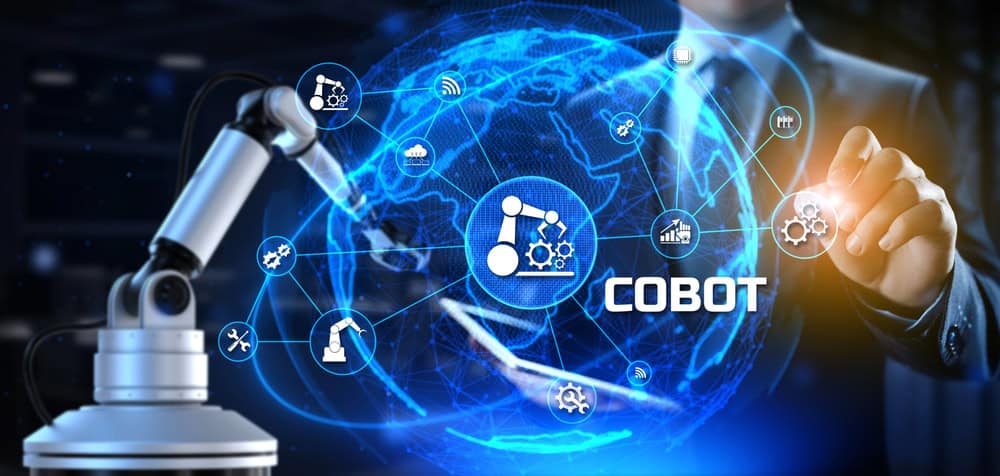Beyond Automation: How Carmakers Are Reshaping the Future of Manufacturing

Industry 5.0: Reimagining Manufacturing Through a Human-Centric Lens
Far beyond a mere technological upgrade, Industry 5.0 represents a profound philosophical transformation in how we conceptualize and approach manufacturing. This emerging paradigm shifts the focus from pure automation and efficiency to a more holistic, human-centered model that harmonizes cutting-edge technology with human creativity and emotional intelligence.
At its core, Industry 5.0 recognizes that technology should not replace human workers, but rather empower and complement their unique capabilities. It envisions a collaborative ecosystem where advanced technologies like artificial intelligence, robotics, and machine learning work seamlessly alongside human expertise, creating a synergistic environment that amplifies innovation and problem-solving.
This revolutionary approach challenges traditional manufacturing narratives by placing human values, adaptability, and personal ingenuity at the forefront of industrial processes. It's not just about what machines can do, but about how humans and machines can work together to create more meaningful, sustainable, and personalized solutions.
As we stand on the cusp of this transformative era, Industry 5.0 promises to redefine our understanding of work, creativity, and technological potential, ushering in a new age of collaborative and purposeful manufacturing.
